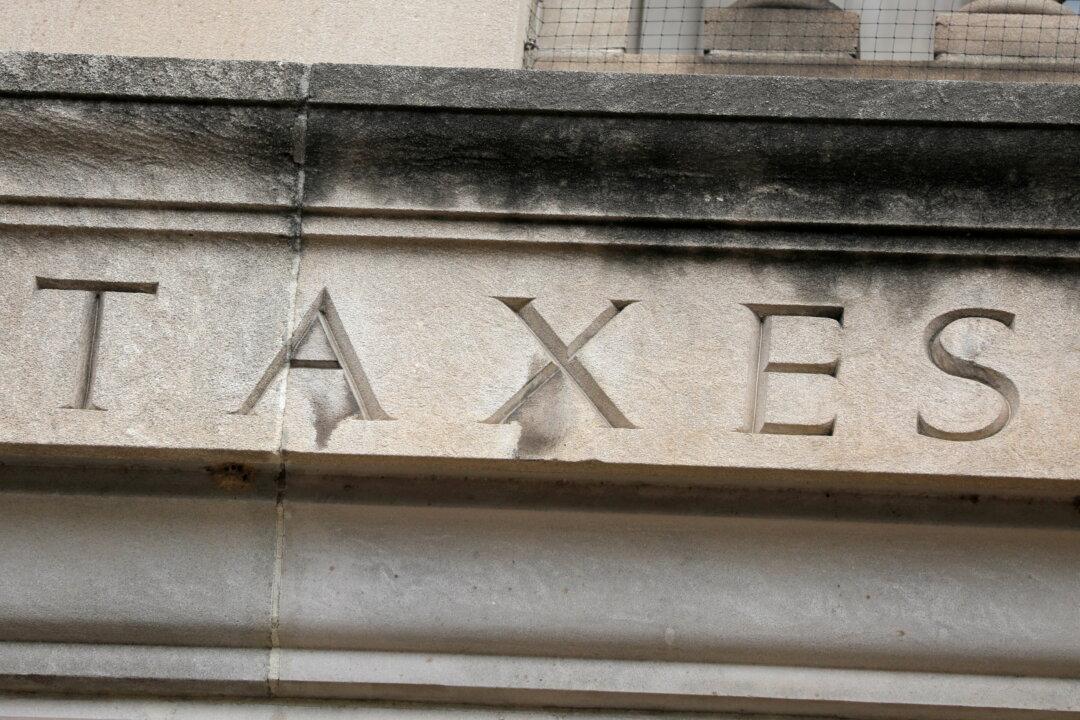Commentary
If you’re still wondering why raising the cap on the State and Local Tax (SALT) deduction was important enough to Democrats to sacrifice their stated principles and resort to brazen gimmicks in order to fit it into the reconciliation measure, look no further than the latest release of the IRS’s tax migration data, covering tax years 2018 and 2019.




